The Vietnamese government is now allowing the entry of foreigners to Hoi An, but only those who can show proof of vaccination. Aside from the vaccination certificate, all foreign visitors are also required to apply for a visa.
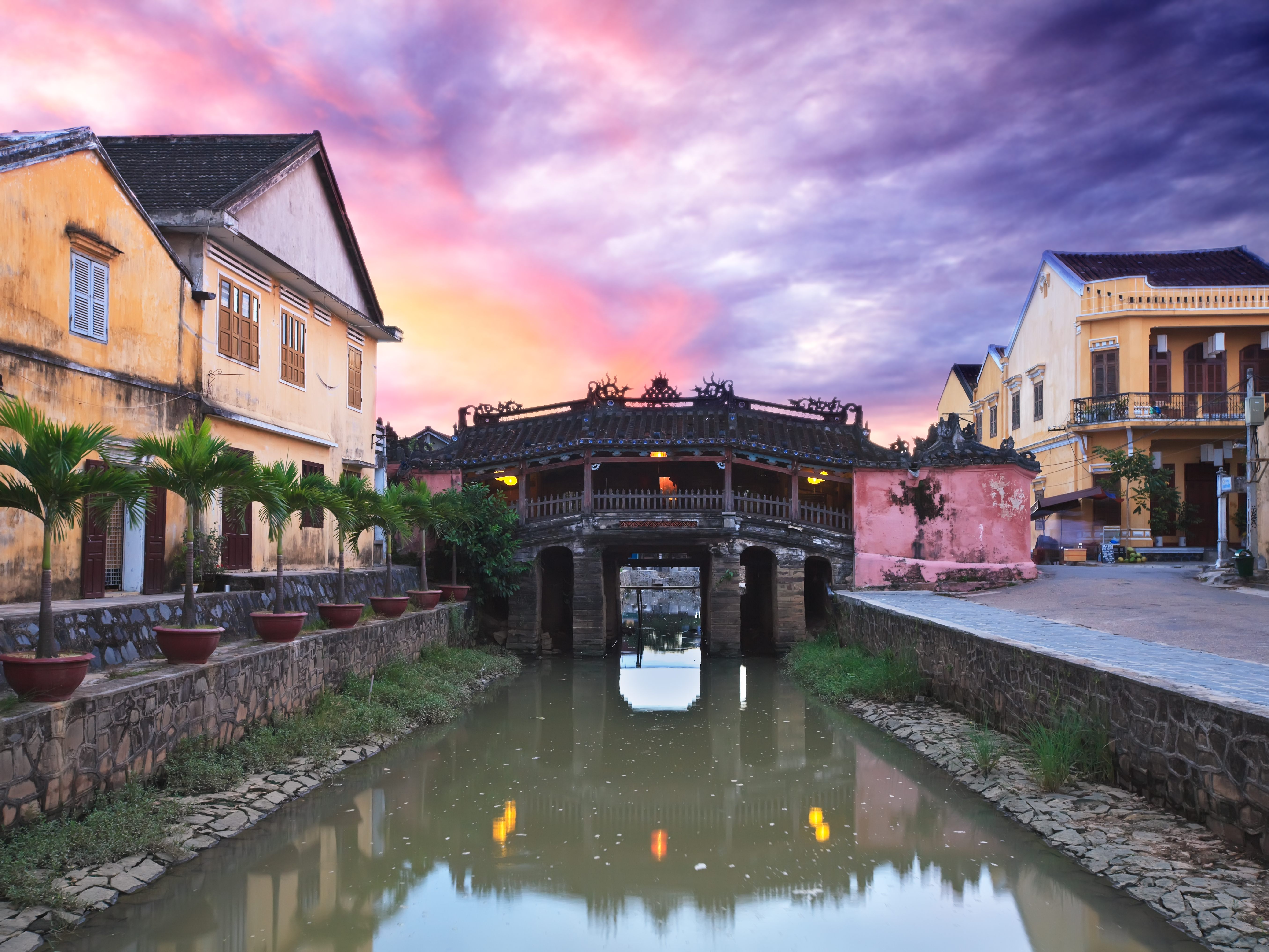
Hoi An is one of Vietnam’s most popular tourist destinations. Each year, millions of tourists would come to Vietnam to visit this ancient town. In 2019, the city has attracted over four million international visitors and was hailed as Asia’s top cultural city destination in that same year. However, when the COVID-19 pandemic hits, the number of visitors that visit Hoi An has gone down to almost 70%.
But thanks to the widespread availability of Covid-19 vaccines, Vietnam is now slowly opening its borders to allow foreign visitors with Covid-19 vaccine certificate to enter. It starts by allowing vaccinated tourists to visit Hoi An. But this does not mean that the Vietnam borders will be wide open. Even though vaccinated visitors will be allowed to enter, they are still required to follow certain protocols. These include undergoing quarantine at some resorts.
If you have been vaccinated and you’re interested to visit Hoi An, here’s everything you need to know.
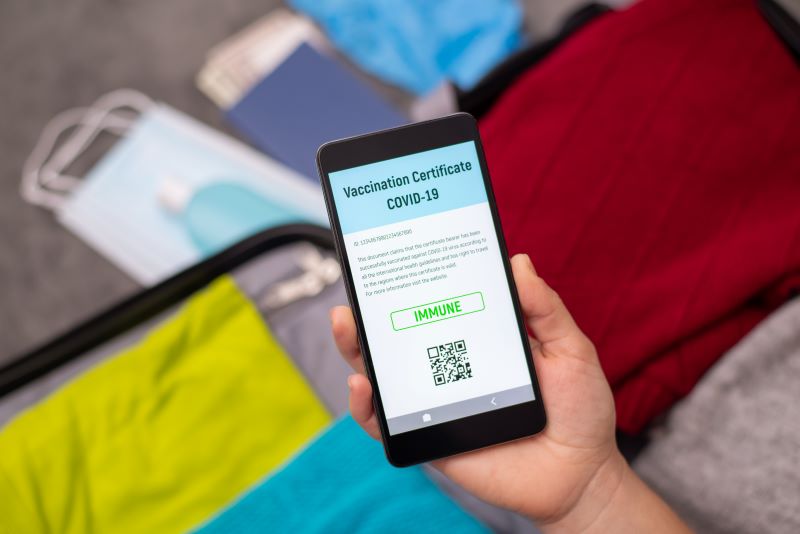
Vietnam is not the only country that requires a Covid-19 vaccine certificate. Several countries around the world are now requiring visitors to present this certificate before they allow foreigners to enter their country. But what exactly is a Covid-19 vaccine certificate, and how do you get one?
The Covid-19 Vaccine Certificate is basically a document that serves as proof that the person has already been vaccinated against the Covid-19 virus. Depending on the country where the person got vaccinated, this certificate is available in either digital form or paper format. The digital vaccine certificate will usually come with a QR code to ensure the authenticity and security of the certificate.
China and Israel are the first countries to issue digital vaccine certificates for their citizens who have been vaccinated against the Covid-19 virus. The vaccine certificate is also known as the “vaccine passports”, and some countries have also referred to it as the “green passport”.

Despite the availability of Covid-19 vaccines, the Covid-19 virus is still rapidly spreading in several countries around the world. Furthermore, these vaccines are not one hundred percent effective. Most of them have efficacy rates of only 60 to 90 percent. In fact, there are some reports that say these vaccines may not work for the new variants of the Covid-19 virus.
So in order to prevent the entry of the virus, Vietnamese authorities have required vaccinated foreign tourists to undergo a seven-day quarantine upon arrival in Hoi An. They will also be tested for the Covid-19 virus and will only be released from isolation if their result shows that they are negative of the virus.
Therefore, before flying to Vietnam, you must first book the hotel in Hoi An where you will spend your quarantine. Your hotel booking should be good for seven days and you will be required to present the hotel voucher when applying for your visa. In addition, you must also include an airport transfer when booking your hotel since you will not be allowed to take any form of public transportation for safety. Although most hotels that are used as quarantine facilities offer airport pickup, it is best to double-check with them when booking.
Aside from the Covid-19 Vaccine Certificate and Quarantine Requirements, all foreign visitors who plan to visit Hoi An will also be required to present travel documents upon entry, and these include the visa.
Right now, the visa exemption program is still suspended. Therefore, the only way for all foreigners to visit is to apply for a tourist visa. But before you can apply for a visa, you are required to submit an entry permit. This entry permit will be issued by the Local People’s Committee of Hoi An.
To request for the permit, you need to go through an agency in Vietnam that will request for the permit on your behalf. The agency will send a letter to the Local People’s Committee to ask them to allow your visit to Hoi An. Once you have the entry permit, that’s when you can apply for the tourist visa.
For inquiries about Vietnam visa, please email to : info@vietnamvisa.cheap
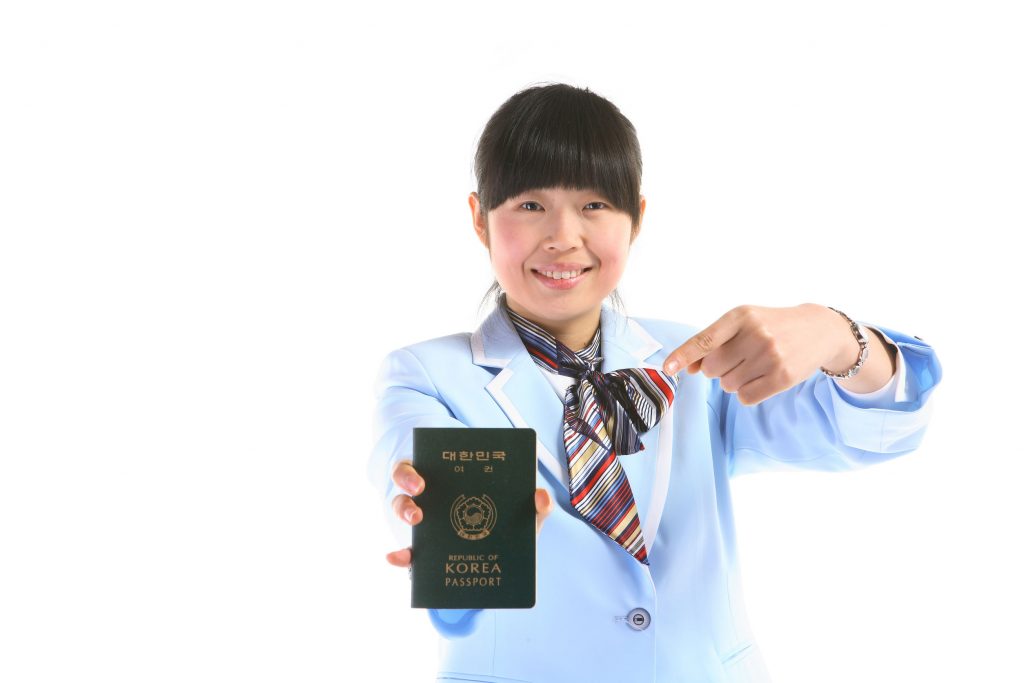
All foreign visitors entering Vietnam during this Covid-19 pandemic are required to follow the rules and protocols that have been placed to prevent the spread of the virus. Travellers must wear a mask at all times even while on the plane. Upon their arrival at the airport, they will be subjected to a medical evaluation to determine if they have any symptoms. Those who have symptoms will immediately be isolated and will be tested for the virus. If the result is positive, the traveller will be taken to a medical facility.
Travelers to Vietnam are also required to show proof of insurance. The insurance should be able to cover the cost of your treatment in case you get sick with Covid-19 during your holiday in Hoi An.

The Vietnamese government is now allowing the entry of foreigners to Hoi An, but only those who can show proof of vaccination. Aside from the vaccination certificate, all foreign visitors are also required to apply for a visa.
If you are living in Hoi An City and your visa is about to expire, you have the option to extend it if you want to stay longer in Vietnam. The Vietnam visa extension can be applied from Vietnam Immigration.
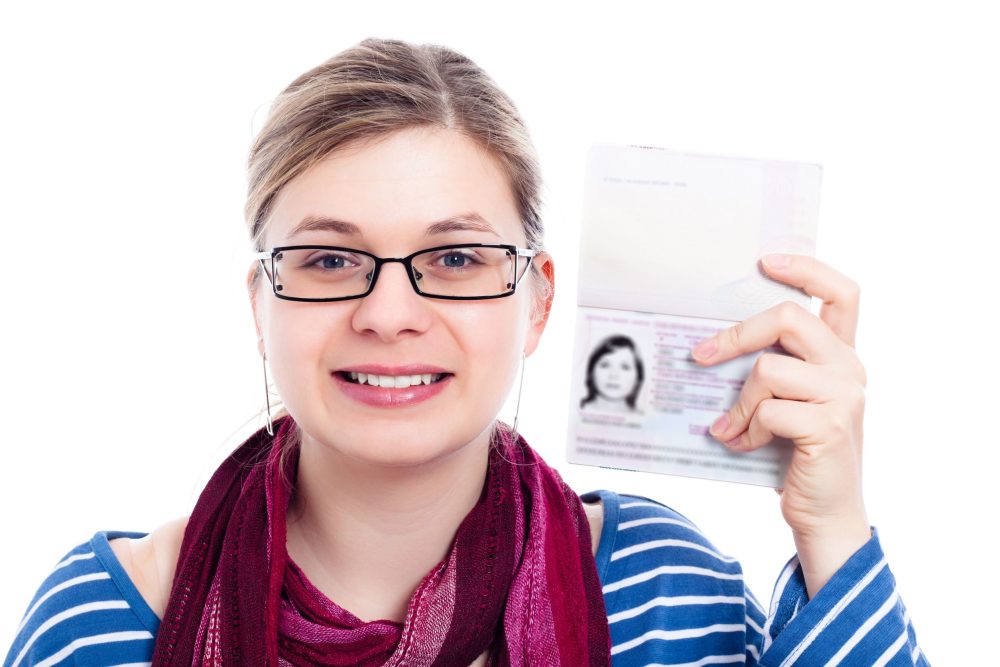
Many foreigners are living in Hoi An City, and it’s easy to see why. This beautiful town has a fascinating history that dates back to the 15th Century.
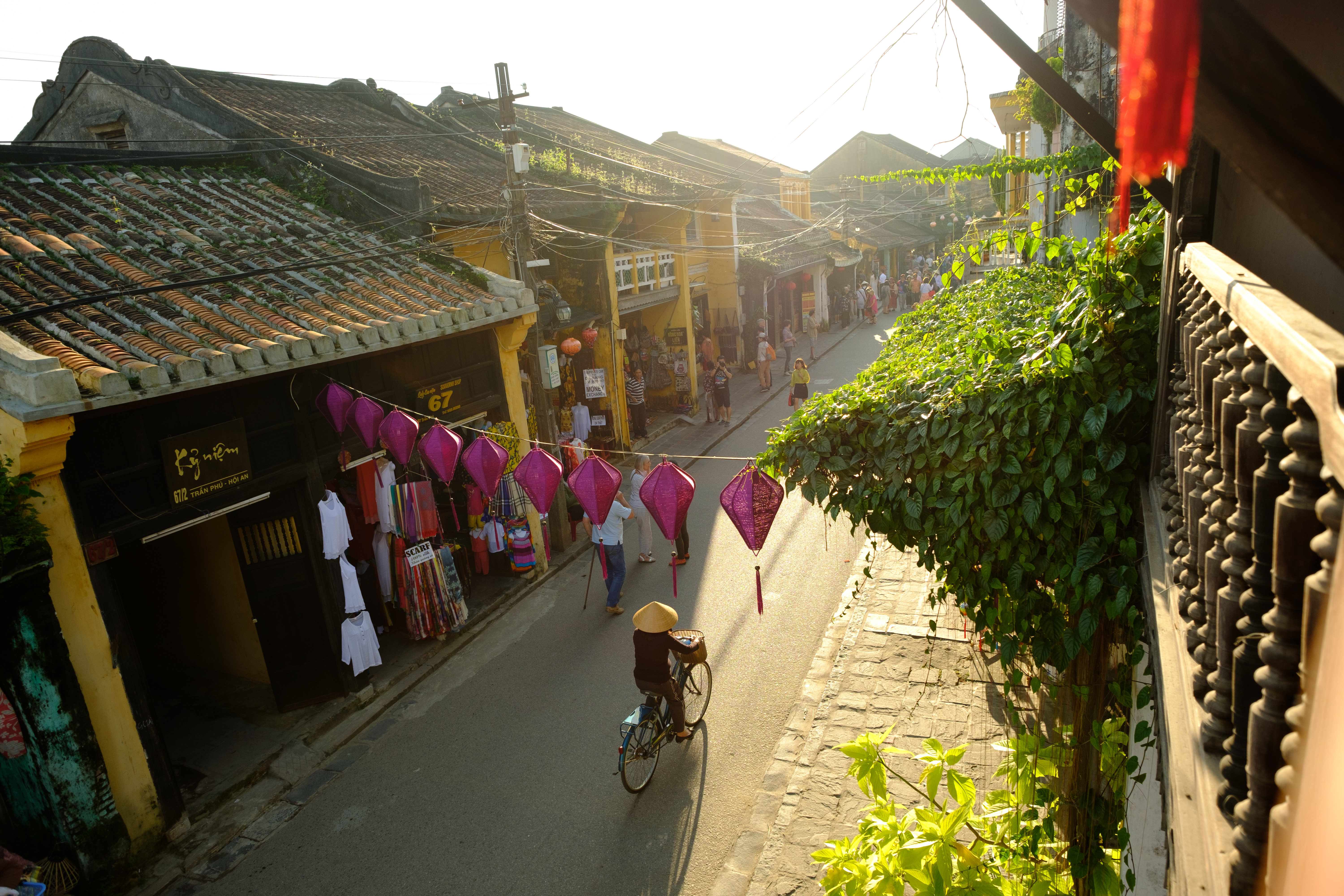
Hoi An City is a popular destination for tourists. Some foreign tourists have also chosen to live in this beautiful town.

If you are a foreigner living in Hoi An, Vietnam, then you are surely aware that your stay in the country is very limited. So if you plan to stay in Hoi An a little bit longer, you need to get your visa extended.